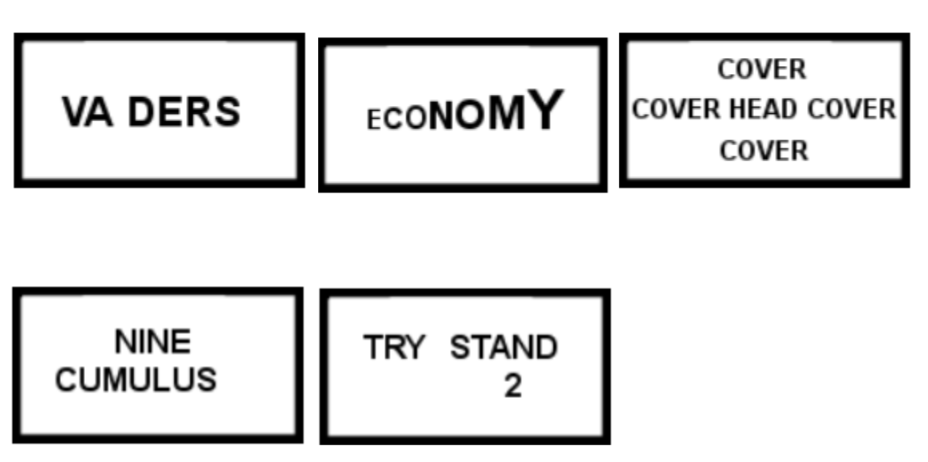
A Healthier Howard - June 2023
Alzheimer's and Brain Health Awareness Month
June is Alzheimer’s and Brain Health Awareness Month. Alzheimer's is a disease that robs people of their memory. At first, people have a hard time remembering recent events, though they might easily recall things that happened years ago.
Other Symptoms of Alzheimer's
-
Trouble focusing
-
A hard time doing ordinary activities
-
Feeling confused or frustrated, especially at night
-
Dramatic mood swings -- outbursts of anger, anxiety, and depression
-
Feeling disoriented and getting lost easily
-
Physical problems, such as an odd walk or poor coordination
-
Trouble communicating
People who get Alzheimer’s disease are usually older, but the disease is a normal part of aging. Scientists aren’t sure why some people get it and others don’t, but they do know that the symptoms it causes seem to come from two main types of nerve damage:
-
Nerve cells get tangled, called neurofibrillary tangles.
-
Protein deposits called beta-amyloid plaques build up in the brain.
Caregiver Support
Are you caring for someone with Alzheimer’s or someone with declining brain health? That is no easy feat and it is helpful to acknowledge the mental health impact it has on caregivers.
How to support yourself as a caregiver?
-
Join a local support group.
-
Start Therapy
-
Learn about community resources that can aid in taking care of your loved one.
-
Practice mindfulness and stress reduction techniques that can be implemented during stressful situations.
-
Remember to prioritize yourself and your own health.
-
Meet with Health Coach Chinwe for Support with all of the above
Brain Health
Your brain is truly the most amazing part of your body. It comes up with creative ways to express your thoughts and emotions, coordinates movement from chopping onions to running an obstacle course, stores your most precious childhood memories, and solves the Sunday crossword. But it's easy to take those powers for granted.
Tips to Improve and Maintain Brain Health
Stay on top of your heart health
A strong heart will keep strong blood flow to the brain.
Plenty of sleep
Your brain needs to rest for 7-9 hours a day.
Do a digital detox
Commit to a bedtime and put the blue light away before you start your sleep routine.
Meditation
5-10 minutes of meditation will calm your brain, make it easier to sleep, and reduce anxiety, depression, and confusion.
Dump your worries
Jot down task, lingering concerns to keep your mind from racing.
Move your body
Exercise boosts blood flow to the brain
Eat well
Diets rich in Omega-3 Fatty acids, leafy greens, and low in saturated fat will keep your brain healthy.
June Brain Health Challenge
Who doesn’t love a brain game? Exercise your brain with a brain game and submit your answer to the onsite health coach for a chance to win a prize!
Submit answers through email at Chinwe.igwe@howard.edu, phone number 202-480-0274.


